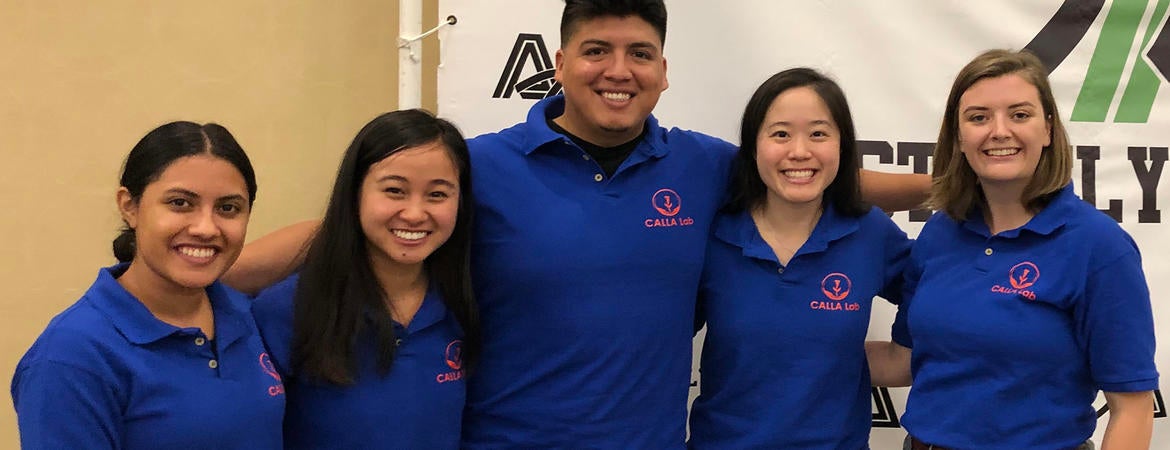College of Humanities, Arts, and Social Sciences

It may seem to be more difficult to learn new things as we age, but new research from Psychology Professor Rachel Wu suggests that this difficulty could be in part alleviated by having an encouraging environment and continuing to learn as we age.
In September, Wu received an NSF Career Award, the National Science Foundation's most prestigious award, for early-career faculty. The competitive award supports the research of early career faculty like Wu who have the potential to serve as academic role models in various areas of research and instruction.
“It was a big relief to receive this award,” Wu said. “This project has been one of the most meaningful in my career thus far, and I am excited to have it now supported by NSF.”
Before applying for the five-year award, Wu gathered some preliminary evidence on increasing cognitive function in older adults by learning multiple new skills simultaneously.
In two smaller scale studies with a couple dozen participants, the adults, ages 58-86, enrolled in three rigorous classes over a span of 3 months. The classes, formatted similarly to undergraduate courses, including photography, drawing/painting, music composition, iPad, and Spanish. Most of the instructors were affiliated with CHASS. Within 6 weeks, the older adult participants increased their cognitive abilities to levels similar to those of middle-aged adults 30 years younger on average. Now with the grant, Wu will expand the number of participants to 180, and she will follow them up for 18 months after the end of the classes.
“I am so grateful for all of the support that we have received from CHASS faculty, graduate students, undergraduates, the Center for Ideas and Society, the Osher Lifelong Learning Institute, and from Dean Peña,” Wu said. “We wouldn’t have been able to pull it off without all of their help and support. It really does take a village.”
With the help of CHASS staff and faculty, and a research team of undergraduate and graduate students, Wu was able to build a complex and immersive curriculum for all research participants.
“Working with her was an absolute pleasure,” said graduate student Christiaan Clark. “Her deep passion for this research comes through in the way she reacts with her assistants, the instructors and the students. Dr. Wu deserves this award to further her studies because her research could greatly improve the lives of so many people who struggle with cognitive issues later in life.”
“Working with Dr. Wu was a privilege,” Spanish instructor Matthew Greenhalgh said. “Her study was a great opportunity for me to teach in a way I never have before by planning and teaching beginner Spanish to seniors age 60 and older to help them become somewhat conversant. Learning another language benefits one’s cognitive abilities as they acquire a new skill, and teaching the class was a lot of fun because I was part-teacher and part-motivator. I was quite impressed by the students’ success and desire to learn.”
The current study will run for the next three years, followed by two years of follow-up. By 2024, Wu hopes to have secured further funding to investigate who may benefit most from this type of program. Wu has been a Psychology professor for UCR’s College of Humanities, Arts and Social Sciences since July of 2015, and is beginning her fifth year of instruction.
If you are interested in being a participant in this research study and live in the Riverside area, please email ucr.callalab@gmail.com or call (951) 827-5278.
FEATURED PHOTO. Photo courtesy of Dr. Rachel Wu
Wu (second from the right) and four members of her research team at a recent event recruiting older adults to participate in the cognitive study.